The host country of the 2023 Rugby World Cup, France, welcomed approximately 600,000 foreign tourists between 8 September and 28 October. While France is hardly a ‘hidden gem’, this long-anticipated sporting event thrust the country into the spotlight as a leading travel destination, and this spotlight is set to linger long after the rugby fans have dispersed.
Indeed, France is topping the 2024 travel hot lists already – and while the destination is ideal for leisure, it’s also a massive hit for MICE and incentive travel specifically. Wondering what to expect from an incentive trip to France, what visas are required, and when’s the best time to go? Voila! We’ve got all the answers.
Why France?
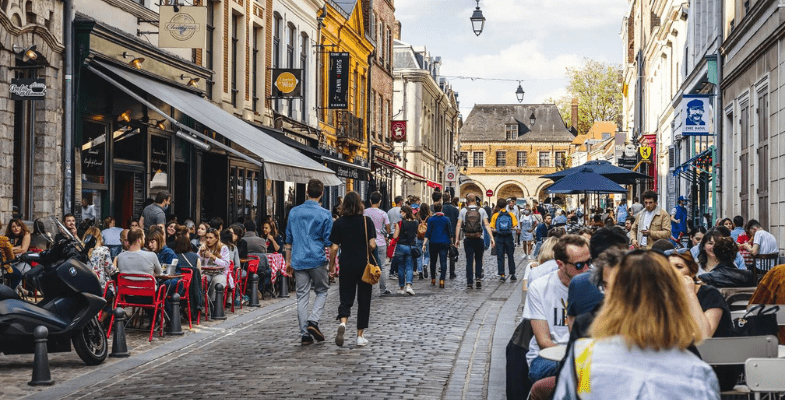
Rich historical legacy: France is home to over 45 UNESCO World Heritage sites, from the historical streets of Paris to the war memorials of Normandy.
Mouth-watering cuisine: Did you know UNESCO recognises France’s gastronomy as an intangible cultural heritage? Your employees can partake in authentic cheese-tasting sessions in the regions where various famous cheeses are produced or learn the art of making croissants from the experts in local boulangeries – fantastic foodie-themed teambuilding events await (see more below)!
Natural beauty: One of France’s standout features is its geographic diversity. In a single trip, you can ski in the French Alps, lounge on the beaches of the French Riviera, explore the lavender fields of Provence, and amble through the vineyards of Bordeaux.
Innovative art and culture: While the Louvre and Musée d’Orsay are iconic, the country is also home to a cutting-edge contemporary art scene, especially in cities like Marseille and Lille. For companies, this means a chance to offer experiences that fuse the traditional with the modern, from curated art tours to workshops with local artists.
Tailored experiences: Your sales team, tradesmen, and consumers are all unique, and they deserve an incentive trip worth working toward, artfully tailored to their tastes and preferences. Luckily, France offers exclusivity and a range of experiences that are hard to replicate elsewhere, whether it’s a private tour of a château in the Loire Valley, a midnight visit to Mont Saint Michel without the usual crowds, or a curated wine-blending session in a centuries-old vineyard.
READ RELATED CONTENT: Incentive travel: The ins and outs of destination selection
Group activities: The French way
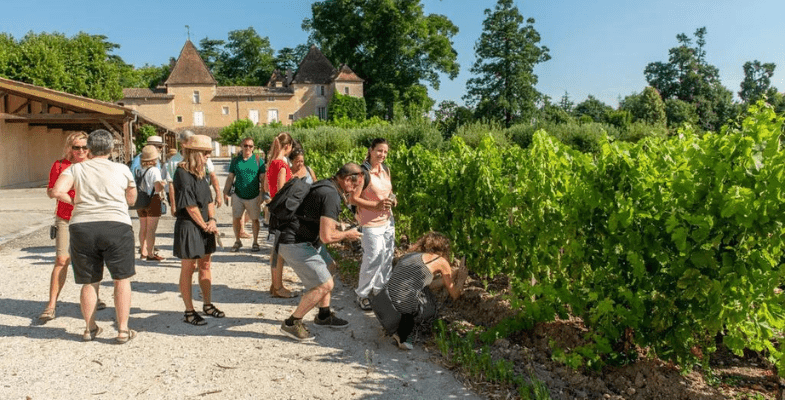
Culinary workshops: Participate in hands-on cooking classes, where teams can learn to prepare classic French dishes or pastries.
Why we love it: Engaging directly in this art form fosters collaboration and yields a delicious outcome, making the experience both educational and gratifying.
Winery tours & wine blending: Venture into famous wine regions like Bordeaux or Burgundy for guided tours and wine blending sessions.
Why we love it: The intricate process of wine production becomes a metaphor for teamwork – from grape picking to blending, each step requires precision and coordination.
Château restoration projects: Contribute to restoration or gardening projects in historic chateaux.
Why we love it: Beyond delving deeper into layered French history, such projects teach teams about sustainability, dedication, and the value of preserving heritage.
Sailing on the French Riviera: Organise team sailing lessons or regattas on the waters of the Mediterranean.
Why we love it: Navigating the seas requires seamless team coordination, making this activity both challenging and immensely rewarding.
Treasure hunts in historic cities: Set up treasure hunts in cities like Paris, Lyon, or Marseille, where teams must solve clues related to historical and cultural landmarks.
Why we love it: Such adventures combine exploration, problem-solving, and a deep dive into French culture, ensuring teams bond over shared discoveries.
Tailoring activities to your company’s goals:
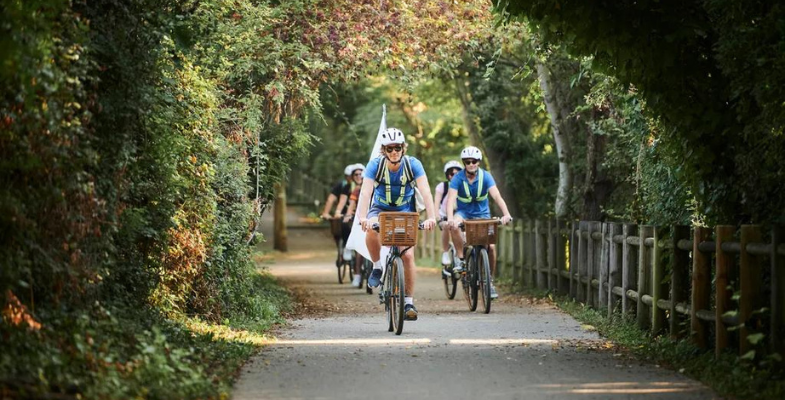
- For communication enhancement: Activities like culinary workshops or sailing demand clear communication. These scenarios, where precise instructions are vital, can be invaluable in fostering better communication lines among team members.
- For leadership development: Assigning team leads for tasks during château restoration or treasure hunts can help identify and nurture emerging leadership qualities within the team.
- For strengthening collaboration: Wine blending or sailing naturally requires members to collaborate and leverage each other’s strengths.
- For creative problem solving: Treasure hunts, especially, challenge teams to think outside the box, promoting innovative thinking in a fun, interactive environment.
READ RELATED CONTENT: Making the Most of Your Incentive Trip: Tips and Tricks from GILTEDGE experts
France visa and entry requirements
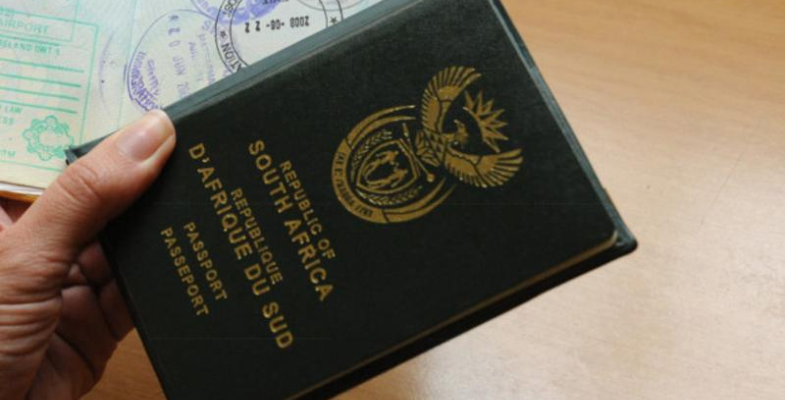
At the heart of European travel lies the Schengen Agreement, a treaty signed by 26 European countries, including France, to abolish internal borders. This means once you’ve entered one Schengen country, you can freely travel to others within the zone without additional border checks. It simplifies travel logistics, particularly for companies planning trips across multiple European destinations.
Visa requirements for South African passport holders
South African passport holders do require a visa to enter the Schengen zone. The most common type for incentive trips is the Schengen short-stay visa, valid for stays up to 90 days within a 180-day period. This visa covers tourism, business, and even short-term work engagements.
Steps and documentation
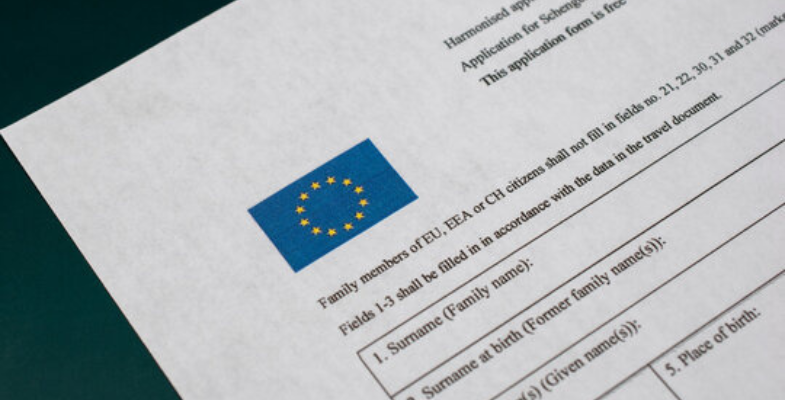
For South African passport holders, the visa application process involves several key steps:
- Completing the application form: An online form detailing the purpose of the visit, accommodation plans, and other essential information.
- Submitting required documents: This typically includes a valid passport, travel insurance covering potential medical expenses in the Schengen area, proof of accommodation, a detailed travel itinerary, and evidence of sufficient funds for the trip.
- Personal interview: Visa applicants are usually required to attend an interview at the French consulate or embassy. The process is straightforward, with officials verifying the details of the visit.
- Visa fee: There’s a non-refundable fee associated with the visa application. As of the last update, the fee for adults is approximately €80 (approximately R1,590*).
The good news? When planning your incentive trip through GILTEDGE, you can rest easy knowing we’ll handle all visa applications on your company’s behalf to reduce the administrative load on your team.
READ RELATED CONTENT: Rwanda, Iceland, Sweden: Our Top 3 Most Successful Incentive Trips
Accessibility: Flights and travel
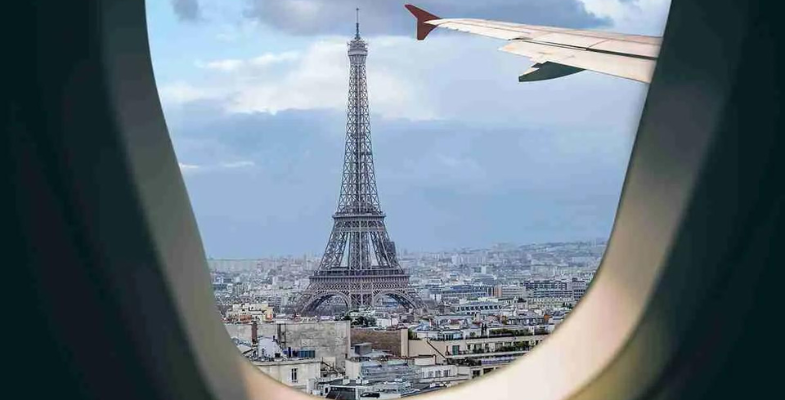
Major French airports: France boasts several international airports, but for South African travellers, a few stand out in terms of accessibility:
- Charles de Gaulle Airport (CDG): Located near Paris, CDG is the largest and busiest airport in France. It’s a primary hub for international flights and offers various services, shopping, and dining options.
- Orly Airport (ORY): Also serving Paris, Orly is another significant entry point, particularly for European and some international flights.
- Nice Côte d’Azur Airport (NCE): If the French Riviera is on the itinerary, this airport in Nice is the prime gateway to this luxurious coastline.
Connectivity with South African cities: Thanks to established aviation ties, there are seamless daily connections between major South African cities and France:
- From Johannesburg: Air France offers direct flights to Paris, spanning approximately 11 hours.
- From Cape Town: For those hailing from the Mother City, Air France provides direct connectivity to Paris, with a flight duration of about 11 hours and 45 minutes.
When is the best time to visit France?
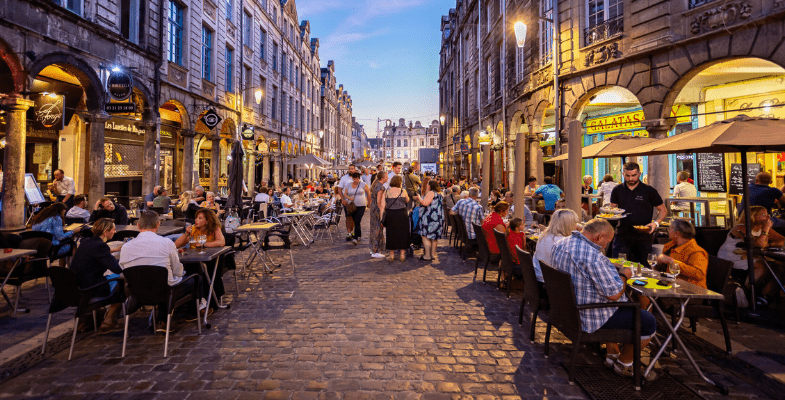
The best time to visit France depends on the type of adventures you’re keen to experience during your incentive trip.
Spring (March to May), characterised by blooming flowers, moderate temperatures, and longer daylight hours, is perfect for outdoor activities and exploring the city.
Summer (June to August) is a time when France is buzzing with tourists, so it’s probably not a good idea to visit at this time unless your team doesn’t mind competing with crowds or you’re planning to explore off the beaten track.
Autumn (September to November) is an especially picturesque period with trees donning golden hues and cooler temperatures setting in. It’s harvest season in wine regions like Bordeaux, making it a great time for vineyard tours.
Winter (December to February) is a popular pick if your team’s keen on skiing in the French Alps or revelling in the festive cheer at the bustling Christmas markets.
Remember, Team GILTEDGE is here to make every moment memorable when it comes to your company’s incentive trip to France. Contact us today for more information or to kick-start the planning phase.
*Based on exchange rate at time of writing.
